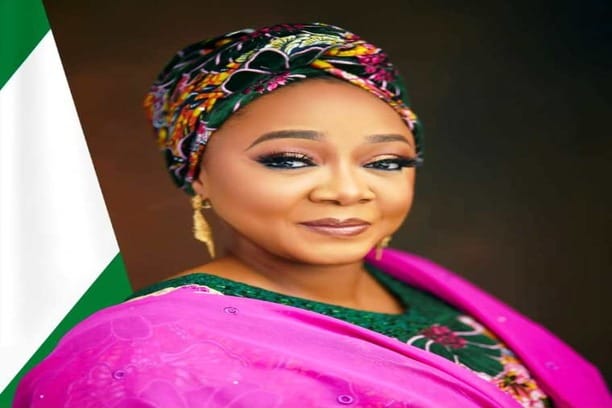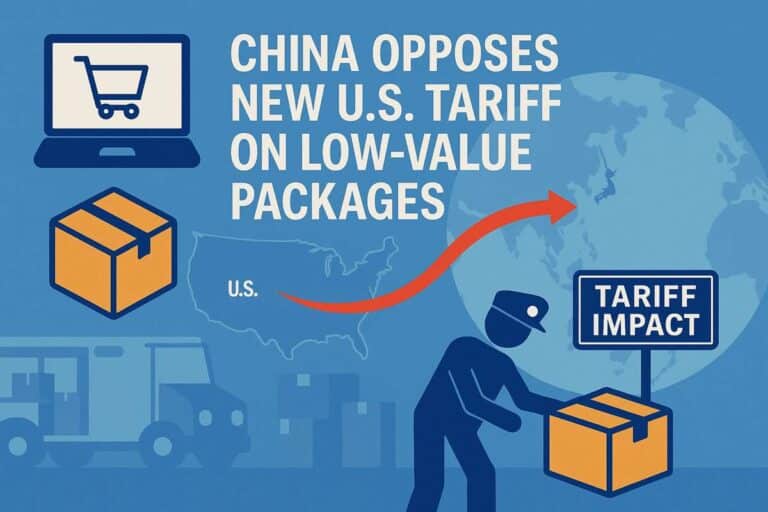

Nigeria’s Women Affairs Minister backs World Bank’s transformative economic empowerment project for women’s financial inclusion.
Abuja, Nigeria (EPICSTORIAN )– January 17, 2025 – The World Bank, in collaboration with Nigeria’s Federal Ministry of Women Affairs, has officially introduced the Nigeria for Women Project (NFWP)—a strategic initiative designed to enhance financial inclusion, skills development, and economic opportunities for women nationwide.
At the high-level event held in Abuja on January 16, Honourable Minister of Women Affairs Hajiya Imaan Sulaiman-Ibrahim underscored the project’s transformative potential in bridging gender disparities and unlocking economic prosperity for women, according to FMINO’s Report.
She reaffirmed the government’s unwavering commitment to fostering an enabling environment for women-led enterprises.
“The Nigeria for Women Project represents a strategic intervention in our national efforts to close gender gaps and ensure women contribute meaningfully to Nigeria’s economic growth,” Sulaiman-Ibrahim stated.
Setting the stage for the discussions, Dr. Maryam Ismaila Keshinro, Permanent Secretary of the Ministry, emphasized that the initiative aligns with global best practices for women’s economic empowerment and sustainable development. She reiterated the government’s focus on equipping women with the necessary resources to thrive in entrepreneurship and the workforce.
World Bank Collaborates with the Federal Government to Empower Nigeria Women
Supported by the World Bank, the NFWP will roll out targeted interventions, including business development programs, vocational training, and improved access to credit for women entrepreneurs. The initiative is expected to drive financial autonomy and economic resilience among Nigerian women, fostering long-term national growth.
Also Read: Nigeria Recovers $52.88 Million in Corruption Proceeds Siphoned to the U.S.
The event brought together key stakeholders, development partners, and government representatives, all of whom lauded the project as a landmark step toward achieving gender equity in Nigeria’s economic landscape.
Experts highlighted the initiative’s role in strengthening financial access and building capacity for women-led businesses, ultimately positioning them as key contributors to national development.





